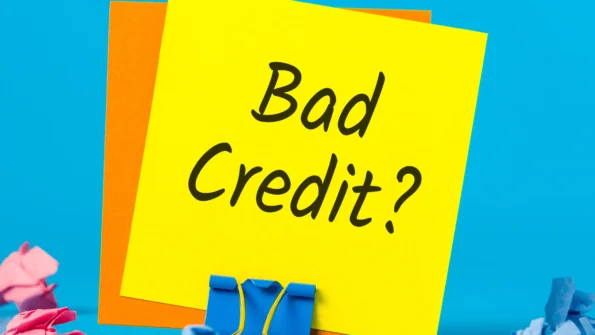To determine creditworthiness, a borrower undergoes an assessment that measures the requirements of a financial obligation and debt. This quantitative measurement is known as credit rating.
This quantitative assessment is attributed to any entity that is looking at borrowing money such as a person, a corporation, a government, a state, or provincial authority.
Organizations that determine the creditworthiness of individuals are known as credit bureaus. Examples are Experian, Equifax, and TransUnion. These credit organizations utilize a three-digit scale of numbers and a form called Fair Isaac Corporation (FICO) to create a credit score.
Similarly, credit scoring for organizations and government agencies is facilitated by an agency such as Moody’s, Fitch Ratings, and S&P Global. Organizations and corporate agencies pay a fee to these credit agencies to get a credit score for themselves and a debt issue offered.
The logic behind Credit Ratings
Whenever a loan is received by an individual or entity, it is practically a debt that is also contractual in nature. A credit rating shows the likelihood that a borrower has the will to pay the loan back within the stipulated period of the loan contract without defaulting. A credit rating could be high or low.
When it is high, there is a strong indicator and possibility that the loan will be returned fully within the stipulated period without incident. On the other hand, a poor credit rating shows that the borrower may struggle to repay the loan because of his/her antecedent.
A poor credit rating is an indication of a pattern likely to be repeated in the future. In the case of a poor credit rating, the chances of an entity getting a loan and receiving any other incentives for the loan is almost non-existent.
Credit rating and Credit scores
Businesses and government agencies get credit ratings. While corporations earn credit ratings, sovereign credit ratings apply to national governments. Individuals get a credit score.
The credit scores of individuals are gotten from their credit history held by agencies such as Equifax, TransUnion, and Experian. The credit score of an individual ranges from 300-850, and it is reported as a number.
For entities and governments, a credit rating is either short-term or long-term.
While a short-term credit rating shows the risk of a borrower defaulting within a year, a long-term credit rating is a predictive analysis of a borrower defaulting at any random and unexpected period in the future. Short-term credit rating is very common compared to long-term credit rating.
Agencies that rate credit determines credit performance by attributing letter grades to the ratings. For example, the S&P Global rating scale denotes AAA, C, and D. Each letter grade reflects the credit performance of the entity.
If a debt instrument has a rating below BB, the credit performance is regarded as a speculative grade or junk bond. This categorization shows a likelihood of the entity defaulting on loans.
Relevance of Credit Ratings
Credit ratings are extensive and quantitative assessment of borrowers that is done by rating agencies. Organizations, interested in borrowing work towards getting a great credit rating because high credit ratings determine the interest rates that will be charged by lenders.
Credit rating agencies, on the other hand, carefully examine the position of the borrower, looking at the organization’s financial state and will to repay or service the debt.
While a credit rating agency objectively determines the creditworthiness of a borrower, the agency is also quantifying the extent that a debt will be serviced. Credit rating determines the interest rate at which a loan will be repaid.
Organizations require loans to create new products and services and manage their operations. A loan denial could be highly disastrous. A high-interest rate attached to an approved loan also discourages the organization to pay back.
Conclusion
Applying for a loan is a tricky affair. The credit rating of a borrower is significant to determine the lenders that will provide liquidity or support.
Since a lender and a borrower are both sharing risks, a lender for a borrower with a great credit rating is not the same as another borrower with a good credit rating or poor credit rating.












